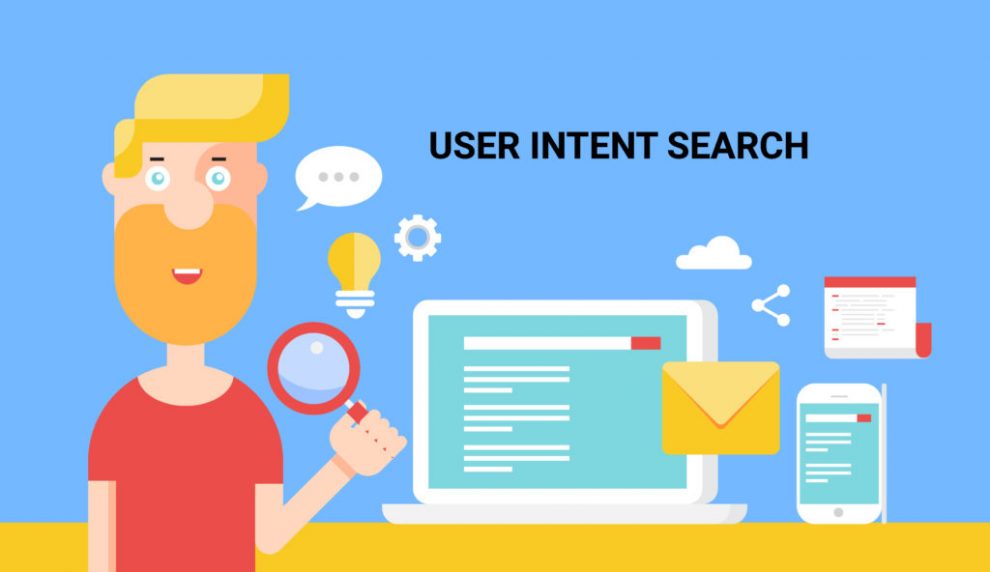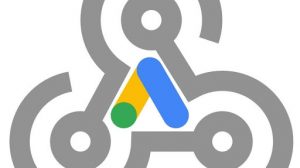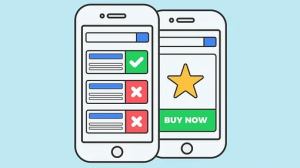Many people make the mistake of believing that SEO begins and ends with Google’s Webmaster Guidelines. However, while these policies do help brand-new websites avoid behaviors that can penalize them and lower their ranks, the Guidelines don’t tell websites everything about manipulating search rankings successfully. In fact, Google has been notoriously tight-lipped about how its algorithms work for more than a decade, so to practice effective SEO, you need your knowledge to go a bit deeper.
User intent is an issue that many novices or DIY SEOs don’t recognize — and it is an issue that heavily impacts how successful your SEO efforts can be. Here’s a quick guide to user intent, which you can use to better understand SEO practices and boost your search ranking into the future.
What Is User Intent?
Every time you navigate to Google and launch a query, you have a goal. Sometimes, that goal is merely to find information on a certain subject; sometimes, it is to make a purchase. Google and other search engines strive to parse the language used in queries to identify your goal, so they can deliver the right kind of search results to you. That’s the gist of user intent.
Most SEOs distinguish three types of user intent: informational (a user is looking for information), navigational (a user is looking for a specific website) and transactional (a user is searching for a product or service to buy). Then, you can further segment queries by how specific the searcher intends to be — whether they have a narrow intent that they won’t deviate from — or how exhaustive the searcher is — i.e. whether they have a wide scope around a certain topic.
How Does Google Understand Intent?
The only information Google has to parse intent is a user’s query, so years and years of research have gone into deciphering exactly what a user wants when they use certain words and phrases in search. In some cases, there are terms in the query that strongly indicate that a search falls into one intent category over another.
For example, if the query asks a question, using words like “how to” or “what is,” the user almost always has informational intent. In contrast, if the query contains a brand name, like “Amazon” or “Facebook,” the user likely intends to navigate directly to that website — or, if the brand name is that of a brick-and-mortar store, like “Walmart,” it might indicate that a user wants to know nearby store locations, and that could mean their intent is either informational or transactional, considering that so many local searches are driven by an intent to buy.
Of course, some queries have multiple meanings, either because the user intends to take multiple actions with one search or because their language is ambiguous. Consider the word “mercury” — is a user looking for information about the planet or the element? Or are they perhaps looking to buy tickets for the Phoenix WNBA team? Google tends to rank interpretations of a query by popularity
These days, Google uses a machine learning tool called BERT — which stands for Bidirectional Encoder Representations from Transformers — to parse natural language for accurate understanding of intent. As BERT learns and becomes more proficient, users will get more and more useful search results based on their queries.
How Should You Utilize Intent?
You can’t control how Google parses user intent, but you can invest time and energy into better understanding what users want out of your webpages and helping Google understand what your webpages offer. For instance, it would be a waste to pack transactional keywords into a blog post or build links indicating the same; users with the intent to buy will click away once they discover that your content doesn’t directly offer the products or services they seek, and Google will punish you with lower rankings.
Because it is so easy to get user intent so wrong, you truly do need SEO experts to help you understand and harness the intent driving visits to your webpages. You should take advantage of professional keyword research and link building services, so you can increase your organic traffic more effectively.
In truth, intent is extremely complex and exceedingly nuanced, and what’s more, intent patterns shift over time as the internet grows and changes. Still, search engines need to be able to understand intent to deliver users the webpages they seek, and you need to understand how search engines understand intent so you can more effectively rank.







